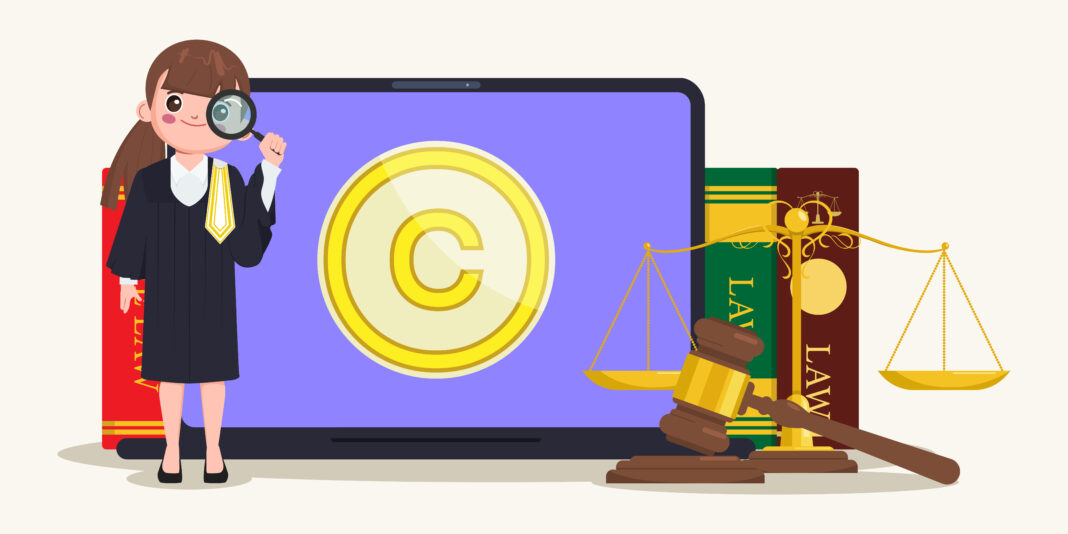Embarking on a tort law dissertation can be a daunting task, often pushing students to seek professional assistance. When turning to tort law dissertation writing services, one paramount concern is the security of your personal and academic information. Confidentiality is not just a buzzword—it’s the backbone of a trusted relationship between you and your writing service provider.
This comprehensive guide dives deep into why client confidentiality matters, how privacy concerns are addressed, and the best practices you should follow to safeguard your identity and work. Whether you’re a law student or a researcher, understanding these elements ensures your journey to academic success is safe and transparent.
What Are Tort Law Dissertation Writing Services?
Before delving into confidentiality specifics, it’s important to understand what tort law dissertation writing services actually offer.
Specialized Legal Academic Support
These services provide tailored academic assistance focusing on tort law, a complex area of civil law covering personal injury, negligence, defamation, and more. The writers are typically experts with legal backgrounds who help with research, drafting, editing, and formatting dissertations.
Customized Solutions for Law Students
From topic selection to final proofreading, these services cater specifically to law students, ensuring that legal citations and arguments meet the standards of higher education institutions.
The Crucial Role of Client Confidentiality
Defining Client Confidentiality in Academic Services
Client confidentiality means that all information you share with the writing service—your personal details, academic requirements, and the final work—is handled discreetly and protected against unauthorized access or disclosure.
How Confidentiality Protects You
- Preserves Academic Integrity: Ensures your dissertation remains unique and exclusive to you.
- Protects Your Identity: Keeps personal and payment information safe from theft or misuse.
- Maintains Professional Reputation: Prevents your academic work from being shared publicly or plagiarized.
- Legal Protection: Upholds your rights under data protection laws.
Common Privacy Concerns Students Face
Unauthorized Sharing of Work
One of the biggest fears students have is that their dissertation might be resold or published without permission. This not only undermines academic integrity but could also lead to serious consequences.
Data Breaches and Cybersecurity Threats
Many students worry about hackers gaining access to their personal or academic information, especially if the writing service lacks proper cybersecurity protocols.
Inadequate Transparency About Privacy Policies
Ambiguous or hidden privacy policies can make it difficult to know how your data is used, stored, or shared.
How Legitimate Services Protect Client Confidentiality
Transparent and Clear Privacy Policies
Reputable dissertation services explicitly state how they collect, store, and protect your data. TPsychological Impac
Real-World ExamplExample 1: Data Leak Leading to Academic Dishonor
In one documented case, a dissertation writing service experienced a data breach, leading to the exposure of multiple student dissertations. The affected students faced investigations by their universities. This case highlights why you must confirm data secur
Look for Certifications and Accreditations
Verify if the service complies with recognized standards or data protection laws like GDPR.
Prioritize Services Offering NDAs
Non-disclosure agreements provide legal assurance of confidentiality.
Check for Secure Payment Methods
Use providers that accept payments through encrypted, reliable platforms such as PayPal or Stripe.
Engage with Customer Support
Test their responsiveness and transparency regarding privacy queries.
Frequently Asked Questions
Q1: Can my tort law dissertation be completely confidential?
Yes. Legitimate services guarantee confidentiality and provide measures to keep your identity and work private.
Q2: Is my payment information safe with dissertation writing services?
Reputable services use secure payment gateways and never store your payment details insecurely.
Q3: How can I be sure my work won’t be shared?
Check for explicit privacy policies, NDAs, and positive client reviews attesting to confidentiality.
Conclusion
When dealing with tort law dissertation writing services, client confidentiality is not just an option—it’s a necessity. Protecting your personal data, academic integrity, and trust requires both the service provider and you to be vigilant.


